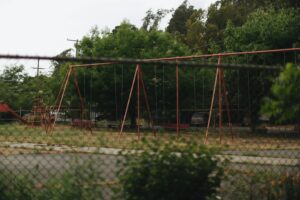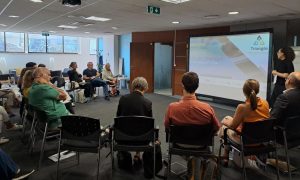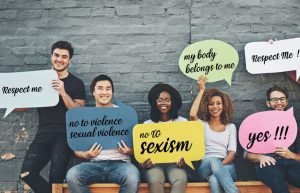At the 4th Correctional Research Symposium (CRS), hosted by the International Corrections and Prisons Association (ICPA), The European Organisation of Prison and Correctional Services (EuroPris), and Northern Ireland’s Prison Service, IPS_Innovative Prison Systems took the stage to highlight the results of the ARISA Child project, which tackles a critical gap in staff training for those working with justice-involved children across Europe.
Under the theme From Policy to Practice: Enhancing Child-Friendly Juvenile Correctional Training Across Europe, the session presented by Claire Machan, IPS’ Rehabilitation, Reintegration and Community Portfolio Coordinator, focused on addressing a critical gap in juvenile justice: the lack of specialised training for correctional staff working with children in conflict with the law.
Child-friendly Justice and the role of staff: A Europe-wide needs assessment
The presentation began by outlining the concept of child-friendly justice, grounded in international frameworks such as the UN Convention on the Rights of the Child and the Beijing Rules. It highlighted how children in conflict with the law have distinct developmental, psychological, and social needs, and that contact with the justice system can often increase vulnerability, anxiety, and the risk of reoffending. Within this context, the role of correctional staff was positioned as central: they are not only tasked with supervision and enforcement, but also serve as key safeguards for children’s rights and wellbeing.
It is imperative that staff possess a comprehensive understanding of the diverse underlying risk factors contributing to juvenile offending – including child development, trauma, mental health, disabilities, and socio-economic challenges – to provide tailored and effective support to address juveniles’ needs.
However, current practices often fail to address these specificities, perpetuating cycles of reoffending and undermining opportunities for meaningful rehabilitation.
As part of this issue, the ARISA partnership conducted a needs assessment for specific training needs of correctional services in relation to working with convicted children.
The comparative study in ten EU member states—Bulgaria, Cyprus, France, Germany, Greece, Ireland, Italy, Portugal, Spain, and Sweden—identified consistent training gaps:
- 43% of staff had never received training on children’s rights or child-friendly justice principles.
- 52% had no interdisciplinary training in child psychology or communication.
- While 78% regularly worked with children from diverse backgrounds, most lacked training to address their needs effectively.
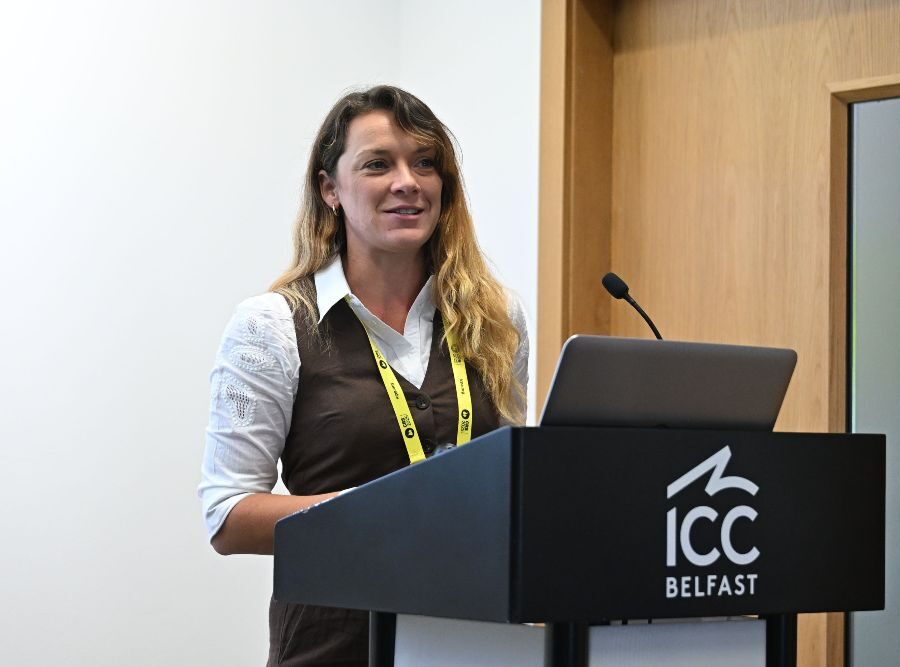
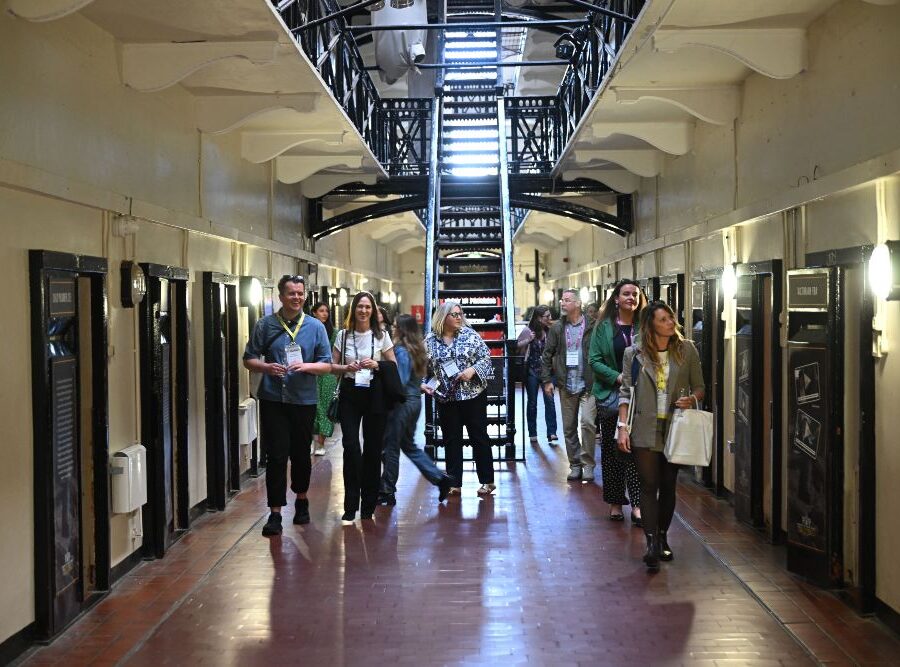

A targeted response: ARISA’s digital training course
In response, the ARISA partnership developed a comprehensive digital training course grounded in Risk-Need-Responsivity, Desistance, and Recovery models. The course, launched in six languages (English, Bulgarian, Greek, Italian, Portuguese, and Spanish), covers core areas such as child development, legal rights, communication strategies, and collaboration with families and communities.
Initial results from the course evaluation indicate that participants experienced notable improvements in both knowledge and practical skills. After completing the training, staff demonstrated greater knowledge of relevant legislation and child development, along with stronger practical skills for applying child-friendly justice in their roles. The course also contributed to better awareness of cross-national practices within the EU. Beyond knowledge gains, the training had a positive effect on staff motivation, with some reporting reduced burnout and a renewed interest in working collaboratively with other agencies.
Policy recommendations: Bridging the gap between principle and practice
The findings of the ARISA Child project further led to a set of policy recommendations aimed at addressing the critical training gaps identified across juvenile justice systems. These recommendations target both national and EU levels, calling for a structured and systemic response to the lack of specialised preparation among correctional and supervisory staff.
One of the key proposals is the introduction of minimum qualification and competency requirements for professionals working with children in conflict with the law. These should include core knowledge in children’s rights, developmental psychology, social work, and education. To ensure that training efforts are grounded in actual needs, policymakers are also encouraged to close current data gaps by conducting systematic assessments that directly involve practitioners in the field.
Training itself should be made compulsory, both at the initial induction stage and on an ongoing basis. Crucially, it should prioritise practical, hands-on components and interdisciplinary approaches that reflect the complexity of working with young people in justice settings. In order to keep training relevant, regular reviews are recommended, ideally carried out in collaboration with academic and civil society stakeholders to reflect evolving understandings of juvenile delinquency.
The recommendations also emphasise the importance of cross-professional training and opportunities for mutual learning, promoting stronger cooperation between sectors such as education, health, social services, and justice. Facilitating the exchange of good practices is another key strategy for improving consistency and quality across jurisdictions. Finally, the introduction of clear operational guidelines and protocols is proposed to better support staff in their day-to-day decision-making and to promote greater accountability.
With this, the ARISA Child project presents a practical, research-driven response to a structural issue—training professionals to understand and meet the specific needs of children in conflict with the law.
In the context of CRS 2025’s theme, From Individual to Ecosystem, this work reinforces the idea that sustainable change in juvenile justice requires more than isolated interventions. It calls for coordinated investment in the wider system that surrounds each child—staff, institutions, training frameworks, and policy. Strengthening the capacity of correctional professionals is a key part of building an environment where rehabilitation models, legal safeguards, and human rights commitments can operate effectively together. If juvenile justice systems are to deliver better outcomes, training must be recognised not as a secondary concern, but as foundational to the ecosystem of care and accountability.
Learn more about this project
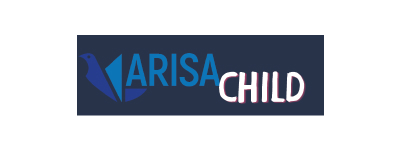
ARISA Child
Assessing the Risk of Isolation of Sentenced and Accused: Enhancing the Capacity of Correctional Services to Work with Convicted Children
The consortium developing this initiative is led by the Center for the Study of Democracy (Bulgaria), and partnered by IPS_Innovative Prison Systems (Portugal), the Centre for European Constitutional Law (Greece), Antigone (Italy), the Centre for the Study and Prevention of Crime (Spain), and the General Directorate Execution of Sentences (associated partner, from Bulgaria).
To know more about ARISA Child, please visit www.arisa-project.eu
Related projects
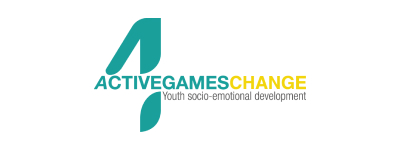
Active Games 4Change
Sport and physical activity learning environment for citizenship, emotional, social and e-competences training

EIGEP
European Interaction Guidelines for Education Professionals when working with Children in Juvenile Justice Contexts

FRAME GANG
European Framework of Competences for Community Professionals in Gang Environments
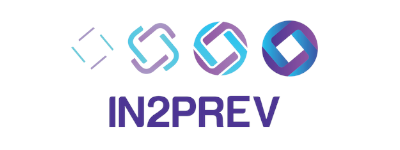
IN2PREV
Law enforcement and community cooperation and training approach to prevent radicalisation by ensuring refugees’ successful inclusion
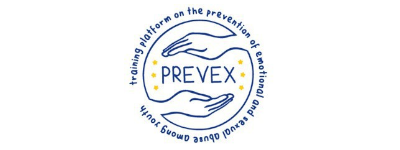
PREVEX
Preventing Emotional and Sexual Abuse Among Young People
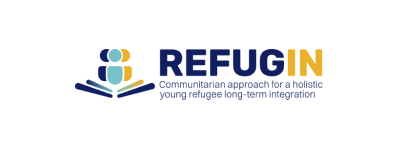
REFUGIN
Communitarian approach for a holistic young refugee long-term integration

REUNION
Rehabilitation of foreign inmates within the scope of FD 2008/909/JHA
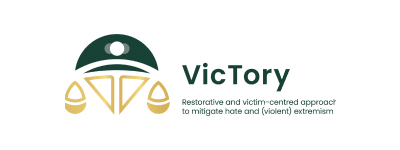
VicTory
Restorative and victim-centred approach to mitigate hate and (violent) extremism
Related news
